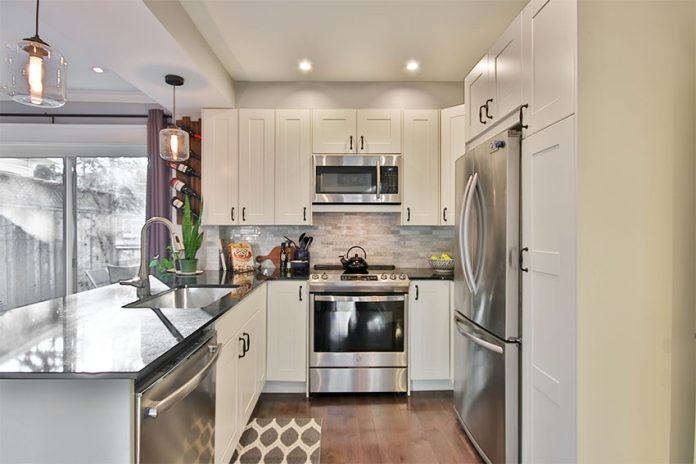Industrial regions of Mexico, especially near northern border, are increasingly important manufacturing capitals for household appliances, thanks to nearshoring and the United States Mexico and Canada Agreement (USMCA), Forbes México reported this week.
“Mexico is taking advantage of its position within the nearshoring phenomenon, so in terms of production and investment, there will be growth of 8%,” the director of the Nuevo León Home Appliances Cluster (Clelac), Yoelle Rojas, told Forbes México.
The appliances produced in Mexico include washing machines, air conditioners, stoves, electric water heaters and vacuum cleaners. In 2022, manufacturers of refrigerators, washing machines and other household appliances invested more than US $1.15 billion in Mexico.
Altogether, the manufacturing industry in Mexico for these appliances is worth US $14.8 billion.
Last year, companies like Hisense, Whirlpool, Bosch and Danfoss announced openings in Mexico, Rojas said, and the sector expects that the appliance manufacturing industry will continue to grow during 2023.
The recent summit of North American leaders resulted in the creation of a specialized committee to establish relations with businesspeople and investors, who will seek to promote import substitution (the replacement of foreign imports with domestic production). The arrival of new technologies in the home appliance industry is another important opportunity to keep production up in the main assembly companies, Forbes México said. This also comes with a need for specialization on the part of the supply chain.
“Currently, the smart home appliance industry is worth US $31 billion globally (with figures up until the end of 2021),” Rojas said, while adding that this sector will record the highest growth in the near future “with an annual growth rate of 18% until 2026.”
“This comes as a good sign” Rojas told Forbes “since it implies new industry needs as well as new lines of production and development of the supply chain, which is very well-established in Mexico.”
“Mexico’s advantage is larger than other Latin American countries, but the private sector, as well as the government and academia, must ensure we continue to provide the conditions for this investment so that they are channeled to our country,” Rojas said.
Rojas’ organization Clelac is one of those efforts from the private sector. It is the only association of its kind in Latin America and in 2022 grew more than 10% in terms of appliance production.
Every year, Clelac holds an event called Encuentro de Negocios (business gathering) that includes conferences as well as face-to-face business appointments between buyers and potential suppliers. According to Rojas, the required investment to install new industrial plants or expand current manufacturing lines is based on the registered interest shown during the yearly business gathering.
So far, around 25 industrial parks are expected to open this year, expanding industrial space availability in Mexico. Household appliances manufacturers currently occupy around 12% of existing industrial areas.
With reports from Forbes México
